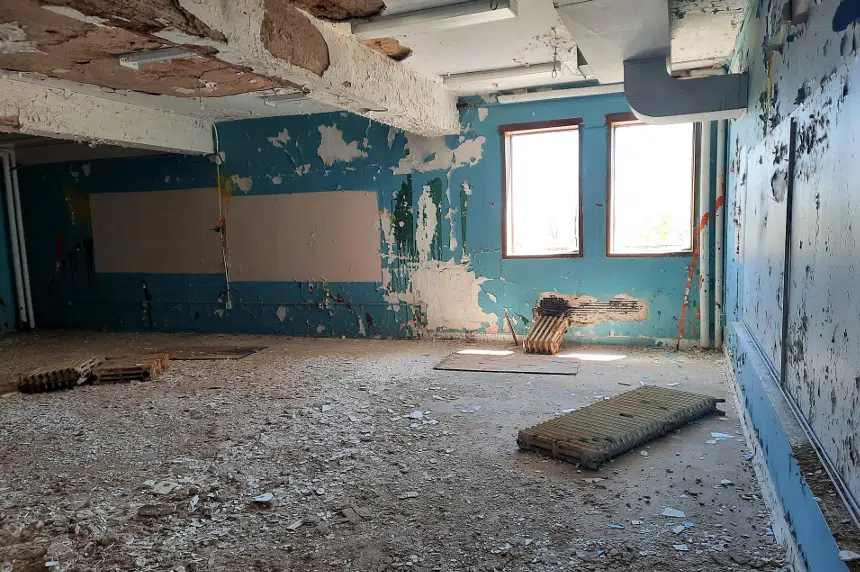In the thousands.
That’s how many residential school survivors Mary Culbertson, Treaty Commissioner of Saskatchewan, says were likely missed during the original compensation package rollout in 2007.
At the time, survivors were tasked with additional processes — and some who chose not to speak out were left out, according to Culbertson.
“From that settlement agreement was also the independent assessment process,” she told 650 CKOM Monday. “There was a timeline on when survivors could submit their applications. There were so many flaws in that agreement that we know in hindsight, cause so much grief and trauma all along the way. We know that there were a lot of people who made a lot of money and who victimized survivors. Who didn’t get to tell their whole story.”
Culbertson, who was a lawyer at the time working on the process involved in the settlement agreement, said if people want real reconciliation, then governments wouldn’t be standing behind legal agreements.
“Reconciliation is throwing all those systemic barriers out of the way in order for Indigenous people to have their stories heard, and to be properly compensated (by) the parties that enabled their abuse. That caused their abuse. That perpetrated their abuse,” she explained.
“There were many survivors that weren’t able to tell their story yet when it came to the deadline that had been imposed. There are people who are my age, in their 40s and even in their 30s who went to residential school and had been abused and were not able to talk about it yet.”
Culbertson’s comments came hours after the Federation of Sovereign Indigenous Nations (FSIN) Chief Bobby Cameron called on the federal government to reopen the compensation packages in an interview with 650 CKOM.
Cameron had a message he wanted to voice to the federal government.
“You need to do more for our survivors and descendants because this healing journey is going to be around for a long time. They need to reopen, possibly, the whole residential school compensation package.
“The reality is this: the first go around, there were many survivors missed. Now, they’re stepping up and saying, ‘We were missed the first time.’ Reopen it,” he said.
650 CKOM has reached out to the federal government but did not receive a response at the time of publishing.
Not only was Culbertson a part of this settlement process in 2007, but she is also a second-generation survivor of the residential school system.
She said she hopes not just the federal government gets involved, but all levels of government in Canada.
“We all have a responsibility. Reconciliation is not just when the Liberals are in power,” she said. “If there is a federal election, all the political parties need to be on top of this. Not just making promises to certain groups.”
Saskatchewan was the last province to close down its final residential schools. Culbertson said both Gordons and Lebret closed within the years of 1996 and 1997.
She said when the settlement processes first began, it wasn’t an easy task — but there is a push for change.
“It was what they could do at that time. We all have the power to rectify things. We all have the power to change things. We are people in positions of influence, we are people in positions of power — they can’t say they don’t have it,” she said.
“I believe there is no reconciliation and there is no justice until our survivors have been heard. If they want to tell their stories. To be believed in those stories, and to be (properly compensated).”
During the original residential school compensation, survivors were given between $10,000 and $200,000, based on the abuse suffered at the institutions.







